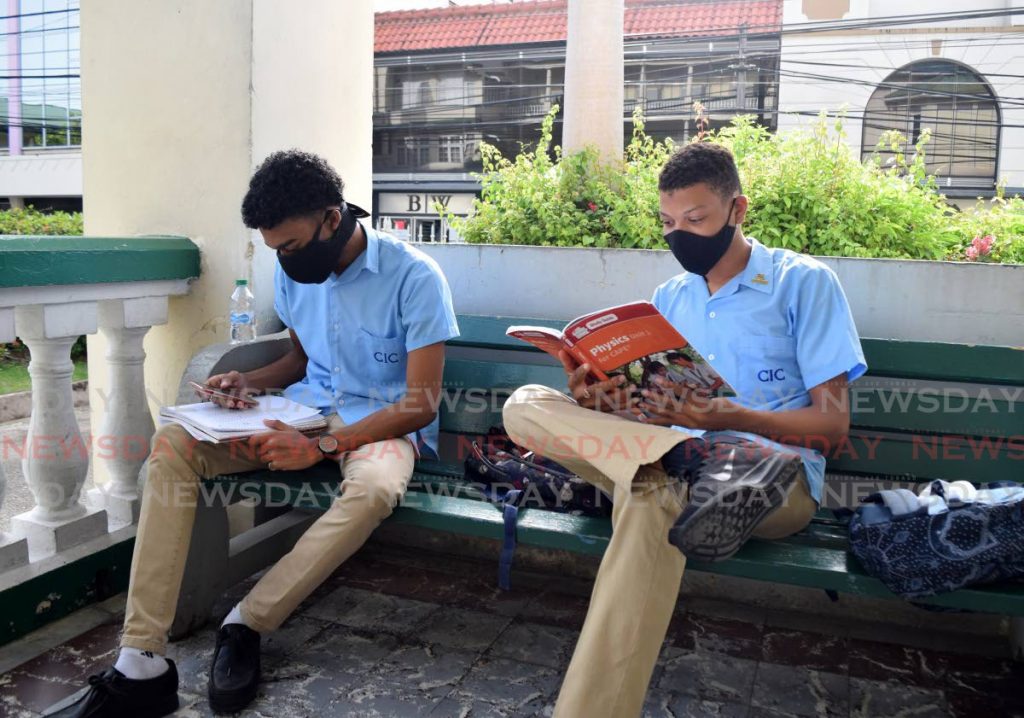Studying scholarships

EDUCATION should be a priority for any government. So when the State announced cuts to the national scholarship programme last November, there was understandable concern.
Coming alongside cuts to GATE, the Government’s move opened it to accusations of being insensitive to the difficulties faced by students today. And it risked sending the wrong signal in terms of spending priorities. Why build new buildings while cutting education?
However, closer study of the Government’s reformed scholarship programme reveals it is actually a much-needed refinement of a system that has long outgrown its original moorings.
Under the new system, 100 scholarships will be awarded on merit. Alongside this, 500 bursaries – covering local tuition, books and an allowance – are to be awarded on the basis of a list of weighted criteria. The heaviest weighting goes to whether the applicant has the financial means to study (30 per cent) and to academic scores (30 per cent.)
This system strikes the right balance between rewarding students for outstanding academic achievement and ensuring that those who are most in need of assistance receive it.
Further, because the Ministry of Education’s criteria encourage the study of priority areas for national development (15 per cent weighting) and student involvement in community-building activities (15 per cent), the system now rewards students for being well-rounded and civic-minded. That’s important.
During the period 2008- 2019, over 1,586 national scholarships were awarded, at a cost of approximately $800 million. In addition, the Government funded the GATE programme, which was intended to make tertiary education affordable to all, but which became inefficient to a degree. There were multiple reports of students obtaining more than one degree at the State’s expense. And areas of study were diffuse.
In countries all over the world, scholarships are awarded based on need, not just merit. But in this country, we have held on to a system that places emphasis on prestige as opposed to practicality.
Despite all this, many have expressed reservations over the new regime. Undoubtedly, this is because of the relatively abrupt timeline of implementation for these measures as well as because of the fact that many mistakes have been made in the past when it comes to scholarship administration.
As observed by UNC Tabaquite MP Anita Haynes, the ghost of the 2006 scandal involving the award of scholarships by the Ministry of Culture still haunts the system. Ms Haynes, as well as several arms of her party, is calling for more transparency in how scholarships are awarded.
The State should consider whether it can afford a transition period for its new system. And it should examine ways to make the evaluation of applicants for bursaries as transparent as possible without impinging on privacy.
Otherwise, notwithstanding its laudable efforts at reform, it will risk making education seem like a matter of who knows whom.


Comments
"Studying scholarships"